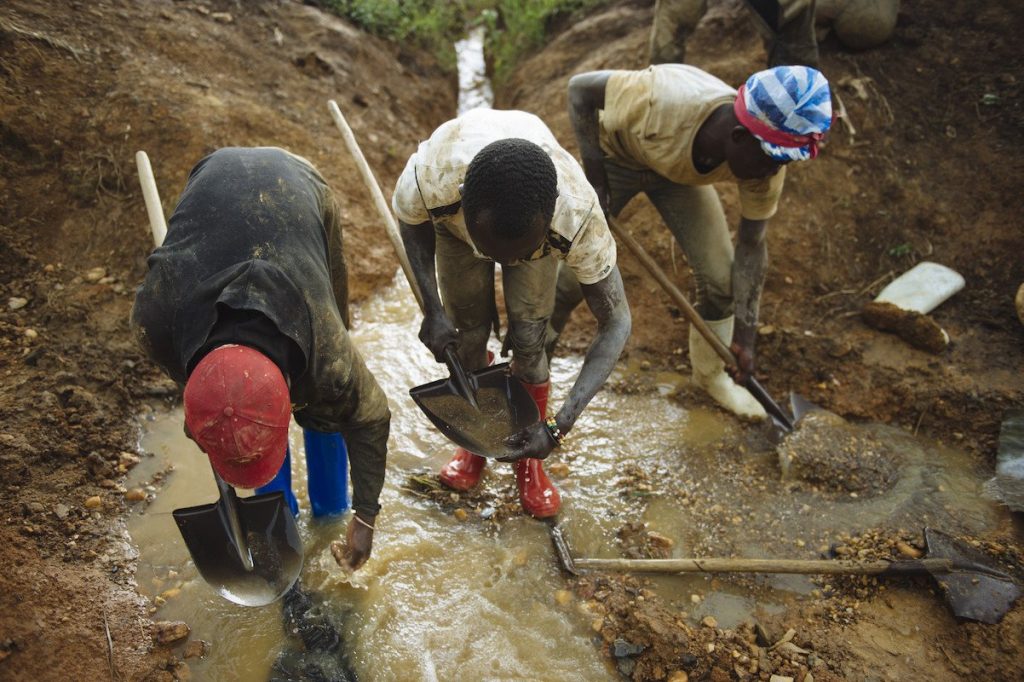Multinational tech giant Apple has denied allegations made by the Democratic Republic of Congo (DRC) that it uses conflict minerals in its products.
Without providing detailed evidence, Apple stated that earlier this year, it instructed its suppliers to cease purchasing tin, tantalum, tungsten, and gold from the DRC and Rwanda, regions where conflict has intensified.
The company’s statement was issued in response to criminal cases brought against it in France and Belgium by the Congolese government.

Kinshasa has accused the tech firm of using what it calls “blood minerals” from the region, which it claims are laundered through international supply chains and end up in Apple’s products.
The allegations reportedly include war crimes, laundering, forgery, and deception.
The mineral-rich eastern DRC has been plagued by violence since the 1990s, with ongoing clashes between rebel groups, some allegedly supported by Rwanda, and the Congolese army.
United Nations experts and human rights organisations have documented the operation of artisanal mines by militant groups involved in atrocities such as civilian massacres and sexual violence.
The DRC government argues that Apple’s reliance on these minerals implicates the company in these crimes.
While Apple’s response was non-specific, lawyers representing the DRC have welcomed its decision to halt sourcing minerals from the region. However, they assert that legal proceedings in Europe will continue and stress that Apple’s claims regarding its supply chain changes will require verification on the ground.


